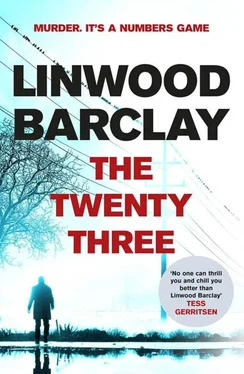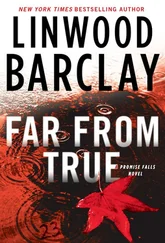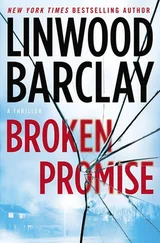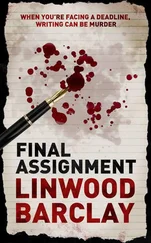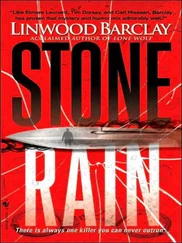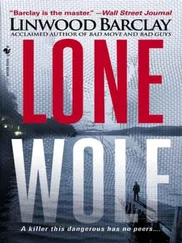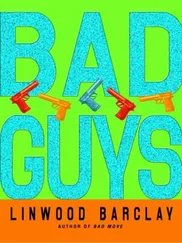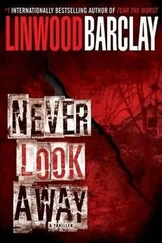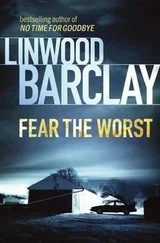“I heard that,” said Ethan from the living room.
Phone still in hand, David tried Sam’s number yet again. If only she’d pick up. She had to see who was calling. If she’d just answer, he could tell her he knew why she’d fled, that he knew Brandon was out of prison and looking for her, that he would help her in any way he could.
No answer after ten rings.
A text, he thought.
He typed: Know about Brandon, why you left. Please let me help. Call me when you can.
He hit send. Looked to see that the text had been delivered, and it had. While he stared at the phone, hoping for those three little dots to indicate she was writing back, he wondered where she might have gone.
He didn’t know what other family she might have. He seemed to recall her mentioning that her parents were no longer alive, so she couldn’t hide out with them until this passed over.
Until Brandon had been caught.
It was looking as though Sam was not going to get back to him, so he put the phone down on the table.
Maybe, he told himself, he should stop worrying. It was possible Sam had things in hand, that she was dealing with this situation the best she could. When she’d gotten word that Brandon was out, she’d packed Carl and herself up and hit the road. Given all she’d been through with Brandon’s parents and Ed Noble, the smartest thing to do was get out of town.
“I wasn’t the priority,” David said to himself.
And why should he be?
Once Brandon had been apprehended, she’d come back, and they’d pick up where they left off.
Sure.
But did it put her in that much jeopardy to answer his phone call? To respond to a text?
Unless…
Unless she was expecting a trick. The Worthington clan had tried to pull fast ones on her in the past.
Could she be thinking Brandon had found David? That he had his phone, and was pretending to be him in a bid to find out where she and Carl were?
Was that a reach?
But then, suddenly, another scenario occurred to David.
Sam wasn’t answering because Brandon had already found them.
Duckworth
Ifelt like I was back in high school chemistry class.
With Tate Whitehead’s body still out by the reservoir waiting for a forensic examiner to come God knew when, and Randy Finley cuffed to a door by the entrance to the water treatment plant, Garvey Ottman gave me a quick tour of the place at the same time as he offered up a course in Water Filtration 101. I’d been interrupted with a call from David Harwood, but once that was out of the way, Ottman was able to continue.
“Water treatment is really only about eighty years old,” Ottman said, “and it wasn’t until Congress passed the Safe Drinking Water Act in 1974 that it became the law of the land that the water coming out of the tap had to be one hundred percent drinkable.”
He was leading me through parts of the plant I’d never seen before. Huge water-filled basins divided into different compartments the size of a school gymnasium.
“There are six basic stages water goes through before it comes out of your tap,” he said. “There’re pretreatment and screening, which is basically what happens in the reservoir. As the water moves from there into the plant, there’re coagulation and flocculation, then-”
“Flock what?”
“Flocculation. Coagulation and flocculation remove suspended particles in the water that survive the screening process. These particles get stuck together into clumps called floc. In the sedimentation stage, the floc settles to the bottom, where it can be collected and separated from the water and-”
“So all the crud, all the bad stuff in the water, it sinks? Like cigarette butts and stuff like that?”
“More than that. Larger things like butts, they should get caught in the screening process, but there are plenty of things in the water that count as solids that are too small to see. It’s that stuff that we get rid of here. Then, at filtration, which is the next stage, the remaining impurities are removed.”
Ottman threw some other words around. Aeration. Chlorination. Fluoridation.
“Fluoridation?”
“Fluoride,” he said. “For teeth. It gets added in one of the last stages. Then the water gets pumped up into the tower, ready to go. So the pumps don’t have to be going all the time. They run a lot overnight, refilling the tower from town water usage during the day. So, when everyone gets up in the morning, when the demand for water is at a peak, what with everyone having showers and cooking and all that kind of thing, there’s plenty in the tower, and the delivery system is as simple as flowing downhill.”
Now we were moving from chemistry to engineering. Neither had been among my top subjects in school. But I was trying my best to get my head around everything Ottman was telling me.
Even though we were well into the plant, surrounded by tanks and massive pipes, I turned to face the reservoir and said, “So let’s say, even if something really bad got into the reservoir, then there’s a whole slew of steps along the way, before that water comes out of the tap, where the contamination would be caught and neutralized.”
“Like to think so,” Ottman said. “Tate’s not able to defend himself, so I have to say, even if he fucked up somewhere, this system is so well automated, it practically runs itself. Even if he failed to make a few checks in the night, chances are the water would still be fine.”
But it was already looking obvious to me that Tate’s only fuckup was getting himself killed. He didn’t do anything to the water. He was killed so someone else could.
“So, given all these steps, and all the safeguards, if you were going to add something to the water that would make people sick-that would kill them-you’d have a better chance doing it at the tail end of the process.”
Ottman nodded. “Yup. That makes sense.”
“What about putting something into the tower?”
“Seriously?”
I nodded. “Yeah. What?”
“Have you seen that thing? I can’t imagine lugging something up there. And even if you could climb all that way, there’s no way to dump something in that I can think of. No, you’d want to do it down here, let it get pumped up there.”
“So where, then?”
Ottman shrugged. “Is that where you’re going with this? Someone deliberately put something in the water?”
Far from us, an angry, echoing shout: “Let me go!”
Ottman glanced that way. “Randy sounds pretty pissed about-”
“Don’t worry about him,” I said. “So if you wanted to add something into the system, where would you do it?”
“I don’t know. Maybe into the chlorine or fluoride tanks.”
“Take me there.”
We continued on farther through the plant to more tanks and pipes and other things I didn’t understand.
“This here’s the fluoridation area,” Ottman said.
Something I’d noticed the moment I’d walked into this place the first time was how spotless it was. All the floors, every pipe, every pane of glass, were sparkling clean.
But where we were standing now, I noticed something on the floor. I felt it underfoot first, the tiniest bit of grit. I stopped, turned my foot around so I could see the sole.
It looked like salt. I licked my index finger, then touched it to some of the grains on my shoe to get a better look.
“I wouldn’t taste that if I was you,” Ottman said.
“Don’t worry,” I said. I brought my finger up to my eye. “You have any idea what this is?”
“Nope,” he said. He looked down at the floor. “But there’re a few granules of it around in this area. Like someone was carrying around a huge bag of table salt with a pinhole rip in the bottom.”
Читать дальше
